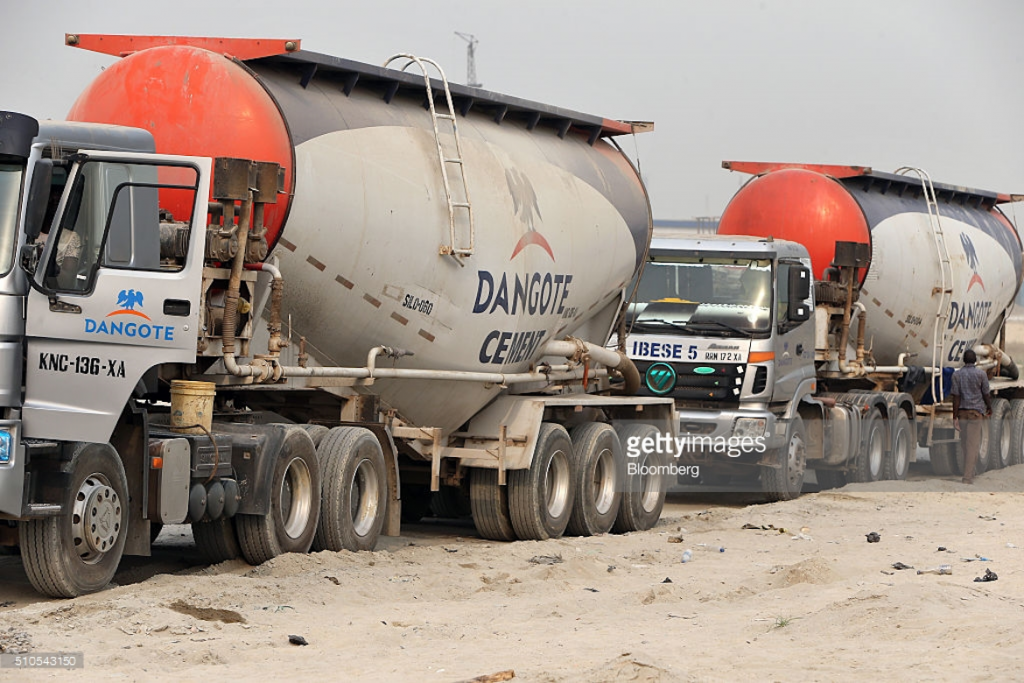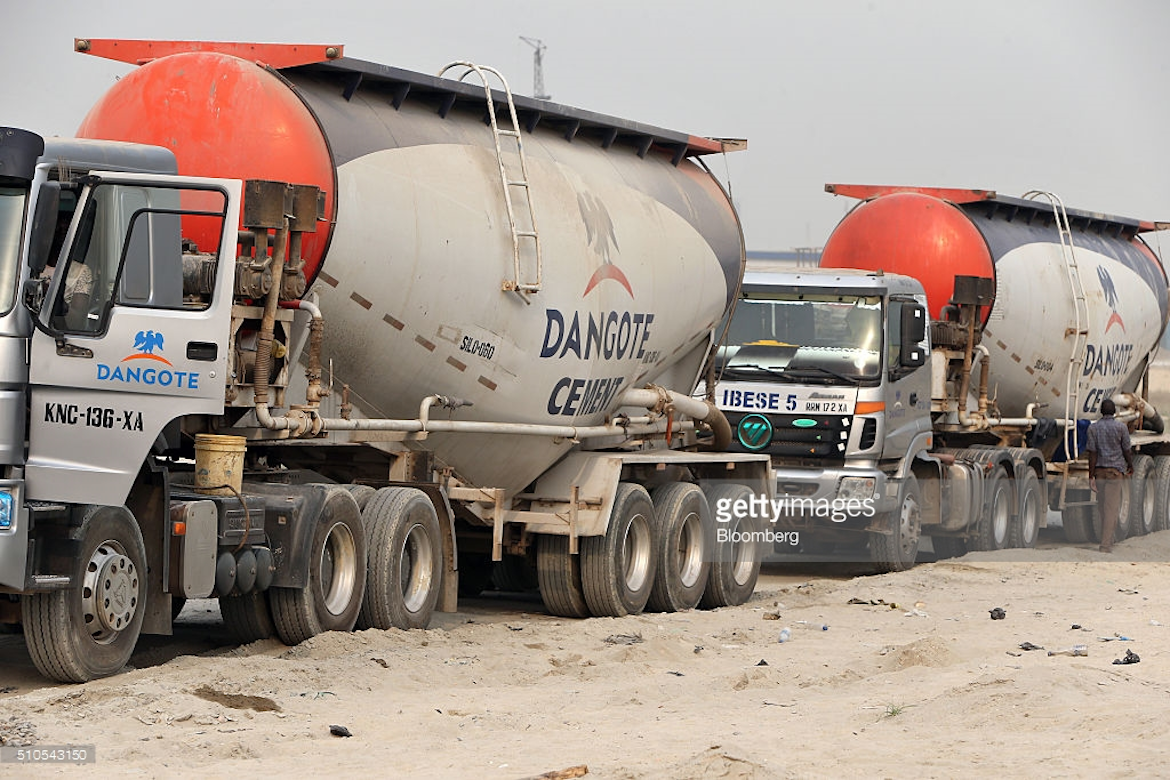Ethiopian regional officials are demanding foreign cement producers including Dangote Cement Plc hand control of some parts of their businesses to groups of unemployed youths.
The Nigerian company, controlled by Africa’s richest man, Aliko Dangote, and others such as Saudi billionaire Mohammed al-Amoudi’s Derba MIDROC Cement Plc, should allow the youth to run their pumice mines, according to a draft contract drawn up by Oromia state’s East Shewa Zone administration this month. Pumice is an additive used in cement manufacturing and its extraction is overseen by local bureaucrats, rather than Ethiopia’s central government.
“The youth have to get the advantage from the resource, and side-by-side the companies must get advantage from this resource,” Yohan Tesso, head of East Shewa’s urban employment creation and food security office, said by phone. “It’s a win-win.”
Prime Minister Hailemariam Desalegn’s administration is trying to reduce youth unemployment five months after it declared a state of emergency to deal with violent protests by Oromo communities over alleged land dispossession, political marginalization and repression by the state. Dangote Cement was among several businesses attacked during the unrest, which caused foreign investment to slump.
Oromia has 1.2 million unemployed youth, according to the Addis Ababa-based Walta Information Center news service, which cited a local youth affairs office. The state is targeting the creation of 950,000 new jobs for young people, it said.
The local administration “recently” halted Dangote and Derba’s operations amid discussions about the proposals, the Addis Ababa-based newspaper The Reporter said on March 11, citing Derba’s chief executive officer and chairman of the Ethiopia Cement Producers’ Association, Haile Assegidie. He said proposals to give control of pumice to youth cooperatives came without warning, according to the paper. Calls to Haile’s mobile phone on March 16 didn’t connect.
The disruptions haven’t forced Dangote to stop output, CEO Onne van der Weijde said in an interview. The company’s plant in Mugher, about 90 kilometers (56 miles) north of Addis Ababa, has the capacity to produce 2.5 million metric tons a year of cement, according to Dangote’s website.
The Nigerian company is discussing the proposal with Oromo officials and may be willing to sign a contract “as long as that doesn’t involve higher costs and lower quality and the quantity can still be delivered,” he said. “They shouldn’t force us to do it and then charge a high fee for getting something that we were doing ourselves before.”
Prices being discussed are from 20-30 birr ($0.89-$1.33) per metric ton of pumice, Van der Weijde said. The contract refers to 20 birr.
‘No Right’
Teweld Abay, a director of mineral marketing in Ethiopia’s federal mines ministry, said that while he was aware of East Shewa’s plans, the local administration hadn’t communicated them to the ministry.
“We don’t believe they have a right to ask these cement companies to sign this contract,” Teweld said by phone. “But if these companies sign this contract, then it’s their responsibility.”
The Reporter quoted Industry Minister Alemu Sime as saying his ministry had reached “a general consensus on the importance of the youth job-creation initiative with the cement factories.” Factories raised a “valid” concern that there could be an interruption in the supply of raw materials, he was cited as saying.
Abdisa Jaleta, planning and monitoring officer at the East Shewa urban employment creation and food security office, confirmed an English translation of the contract obtained by Bloomberg is authentic. It identified the pumice supplier as Youth Micro Enterprises Plc.


